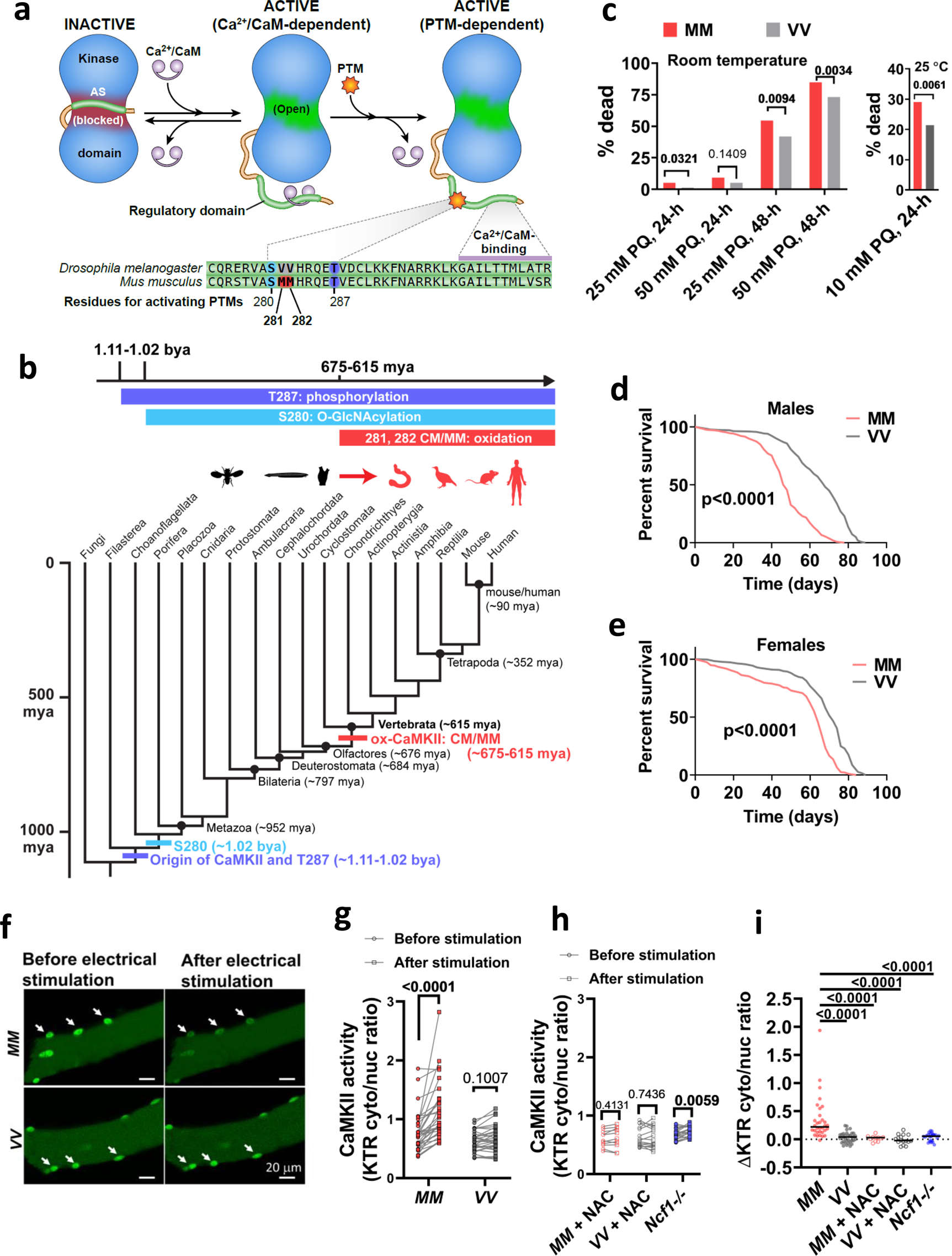Sorry I haven't been around lately. I'm in Florida and COVID is kicking our ass. Our TV station is watching employees drop like fly's. I'm healthy but I'm sick of hearing "My body, My Choice."
Embryonic senescent cells
OK, that makes sense from a perspective of remodeling. So we start with one cell which gets reset, wiping unwanted aged epigenetic markers from Mom and Dad. As we grow tissue that mass must be trimmed and sculpted for function. So some cells are destined to die, which are needed in the beginning, then programed to die. As we examine a hand, what mechanism takes place to carve out the fingers? How are certain cells told to sacrifice themselves? The hand looks like a mitten and the fingers are sculpted from that tissue mass. I'm sure this remodeling is present throughout the body where tissue is grown then trimmed back. I had no idea those cells might exhibit signs of senescence. The fact that; "Unexpectedly, some of the previously labeled senescent cells re-entered the cell cycle and proliferated in situ. Moreover, these previously labeled senescent cells were not cleared at late embryonic stage and remained in the tissue after birth." Nice find my friend, it broadens the total perspective where certain cells are marked for removal by expressing senescent markers.
Next topic, Muscle protein that makes vertebrates more fit linked to limited lifespan
by Johns Hopkins University School of Medicine
https://phys.org/new...ed-limited.html
Here is an example of something that helps us survive to a reproductive age but hurts us as we get older.
"a protein called CaMKII improves strength, endurance, muscle health and fitness in young animals."
"the gene for CaMKII also contributes to an evolutionary tradeoff: increased susceptibility to age-associated diseases, frailty and mortality."
"According to the study leaders, the evolutionary conservation of genes that enable the young to run faster and respond robustly to "fight or flight" responses makes sense: It helps them to catch prey or evade predators, thereby ensuring their reproductive success. However, some of these genes carry a steep price that animals need to pay when they grow older."
So would you choose to disable a gene that helps in fright of flight situations to live longer? It's my belief there will be more of these kinds of discoveries and these will all weigh into epigenetic reprograming strategies for aging as the landscape is illuminated through research.
Edited by Bryan_S, 04 August 2021 - 07:04 PM.

























































